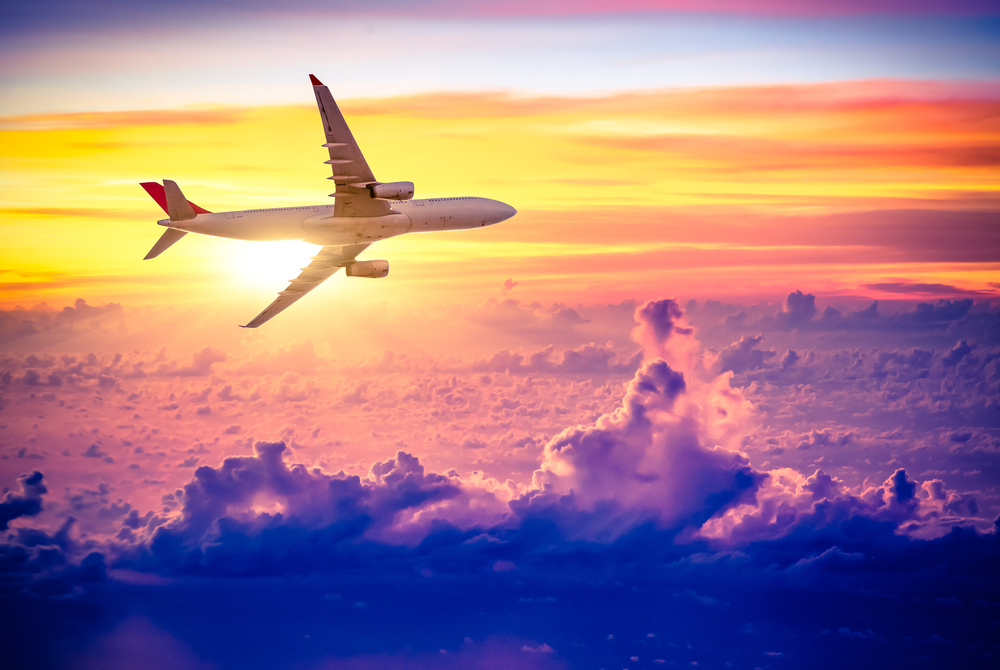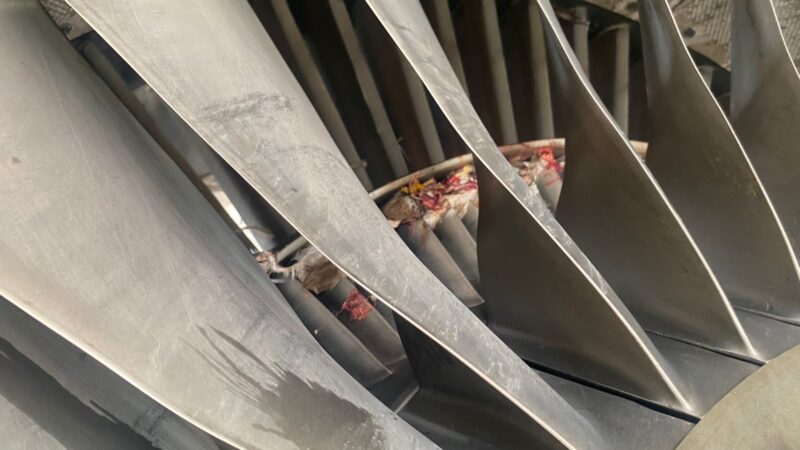Nigeria, Venezuela top list of countries with trapped airline funds, as IATA warns of knock-on effects on local economies


The International Air Transport Association (IATA) has warned that trapped airline funds, currently running close to $2.0 billion, could have a ripple effect on local economies, should affected airlines decide to boycott services.
Highlighting the implications of the situation in a weekly newsletter sent to TW, IATA said the amount of airline funds for repatriation being blocked by governments has risen more than 25 per cent ($394 million) in the last six months.
IATA disclosed that airline funds are being trapped in more than 27 countries, and Nigeria is first on the list of top-five countries with the highest blocked funds. Total airline funds blocked from repatriation in Nigeria have doubled from $265 million reported in August to $551 million, recording a 100 per cent increase within 3 months.
The country has suffered a depletion of foreign currency since 2020 as demand for forex outpaced supply, prompting banks to stop servicing currency repatriations.
Despite financial intervention by the Central Bank of Nigeria (CBN), the figure has continued to rise with little effort to release the available funds.
“Nigeria is an example of how government-industry engagement can resolve blocked funds issues. Working with the Nigerian House of Representatives, Central Bank, and the Minister of Aviation resulted in the release of $120 million for repatriation with the promise of a further release at the end of 2022.
“This encouraging progress demonstrates that, even in difficult circumstances, solutions can be found to clear blocked funds and ensure vital connectivity,” said Kamil Al-Awadhi, IATA’s Regional Vice President for Africa and the Middle East.
IATA is also renewing its calls on Venezuela to settle the $3.8 billion of airline funds that have been blocked from repatriation since 2016 when the Venezuelan government allowed the last authorization for limited repatriation of funds.
“Preventing airlines from repatriating funds may appear to be an easy way to shore up depleted treasuries, but ultimately the local economy will pay a high price. No business can sustain providing service if they cannot get paid, which is no different for airlines.
“Air links are a vital economic catalyst. Enabling the efficient repatriation of revenues is critical for any economy to remain globally connected to markets and supply chains,” said Willie Walsh, IATA’s Director General.
IATA reports that airlines have also restarted efforts to recover Venezuela’s $3.8 billion of unrepatriated airline revenues, as there have been no approvals of repatriation of these airline funds since early 2016 and connectivity to Venezuela has dwindled to a handful of airlines selling tickets primarily outside the country.
The association confirms that between 2016 and 2019 (the last normal year before COVID-19), connectivity to/from Venezuela plummeted by 62%. Venezuela is now looking to bolster tourism as part of its COVID-19 economic recovery plan and is seeking airlines to restart or expand air services to/from Venezuela.
Others on the list of top-five countries hoarding airline funds behind Venezuela and Nigeria include Pakistan – $225 million, Bangladesh – $208 million, Lebanon – $144 million and Algeria – $140 million.







